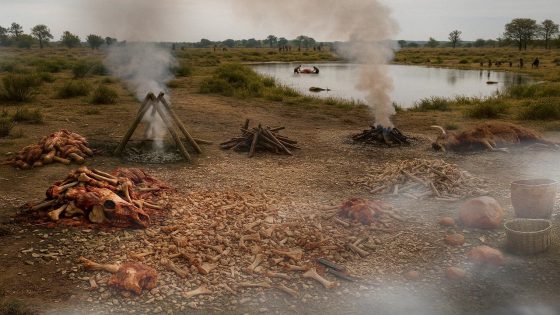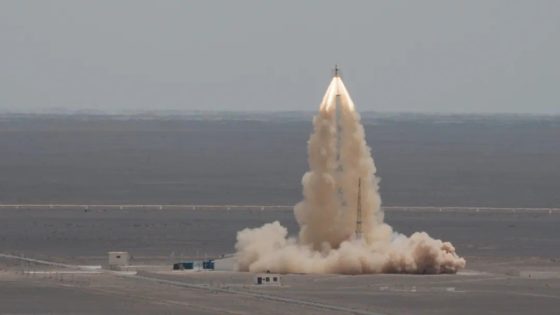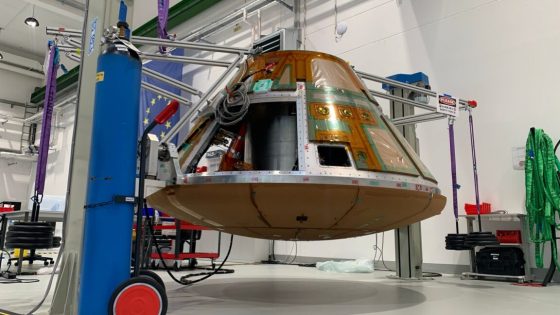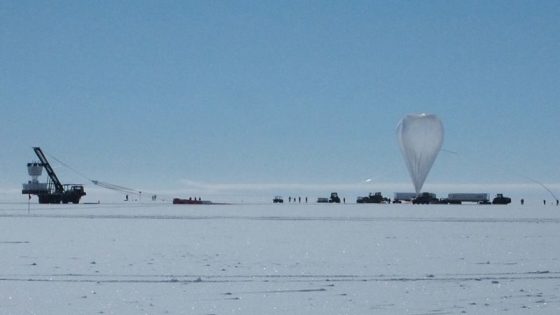Neanderthals in central Germany displayed remarkable sophistication in food preparation 125,000 years ago, employing advanced techniques to extract fat from large animal bones. This groundbreaking study, published on July 4, 2025, reveals a deeper understanding of Neanderthal nutrition and resource management than previously thought.
- Neanderthals used advanced food preparation methods.
- Study reveals strategic resource management.
- Bone grease production predates modern humans.
- Neumark-Nord site showcases diverse Neanderthal activities.
- Findings challenge stereotypes of Neanderthal intelligence.
- Mass hunting impacted regional fauna significantly.
Conducted by an international team, the research at the Neumark-Nord 2 archaeological site shows that Neanderthals not only accessed marrow by smashing bones but also boiled them to produce nutrient-rich bone grease. This strategic approach highlights their ability to plan and manage resources effectively.
This discovery raises intriguing questions about Neanderthal intelligence and adaptability. How did these early humans develop such complex methods? What does this mean for our understanding of human evolution?
- Neanderthals managed resources with strategic planning.
- Bone grease production was previously thought limited to modern humans.
- Mass hunting likely impacted local fauna during the Last Interglacial period.
As we continue to uncover the complexities of Neanderthal life, it becomes essential to rethink our assumptions about early human intelligence and adaptability. Future research will likely reveal even more about their remarkable capabilities.
































